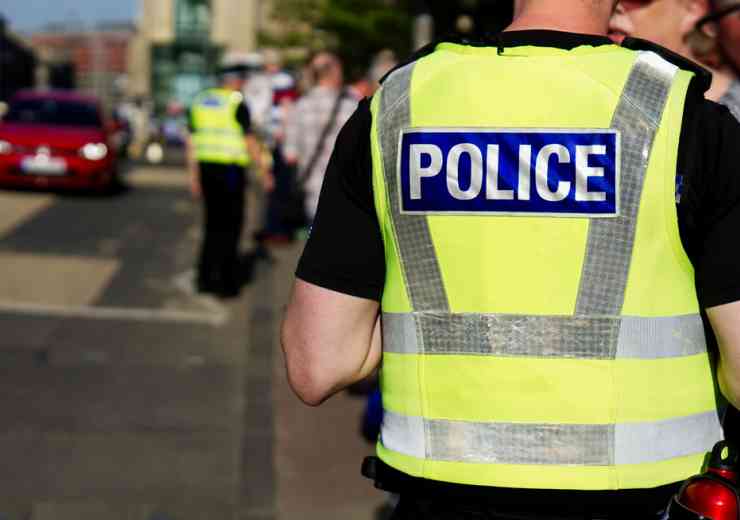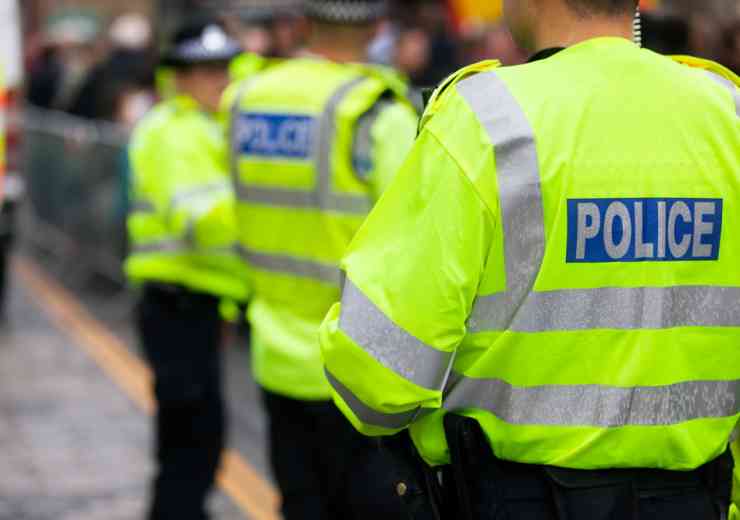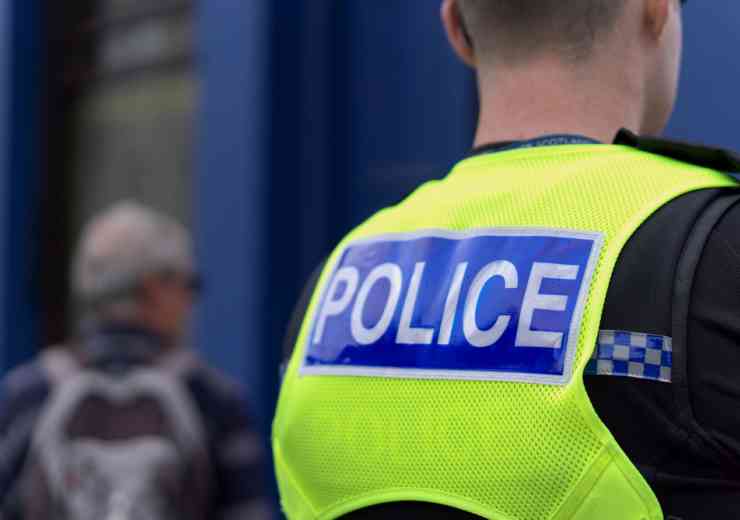Increased use of police stop and search powers
The scale of the use of stop and search has more than doubled from 15,557 instances in March 2017 to 33,022 in March 2019.
Analysis carried out by the Guardian found that attempts made by the police to tackle violent crime, primarily knife crime, have brought about a sharp rise in the use of stop and search powers in some of England’s major forces, including the Metropolitan police, Greater Manchester and the West Midlands police.
Home Secretary Sajid Javid enhanced section 60 powers in March this year, providing police officers more scope to stop and search people without reasonable suspicion in an attempt to combat knife crime. Tory leadership hopeful Boris Johnson has also recently pledged to boost police powers to execute stop and searches.
The increased use, and plans for further increases, have been criticised. Labour MP David Lammy said that rather than addressing the root causes of violent crime, such as deprivation, the government had chosen ‘to pursue a policy that it knows is inherently unfair, unjust and ineffectual’. His views are echoed by the Runnymede Trust and civil rights campaign group Liberty.
Adrian Hanstock, the National Police Chiefs’ Council lead for stop and search, said the rise was ultimately ‘an evidence gathering and safeguarding power’, and that the NPCC was evaluating the impact of an increased use of section 60 search powers.
Figures show that Greater Manchester Police have reported a rise in the use of stop and search from 2,852 cases in 2017 to 4,831 in 2019, while the Metropolitan Police had a rise from 136,647 to 180,991 over the same period.






















